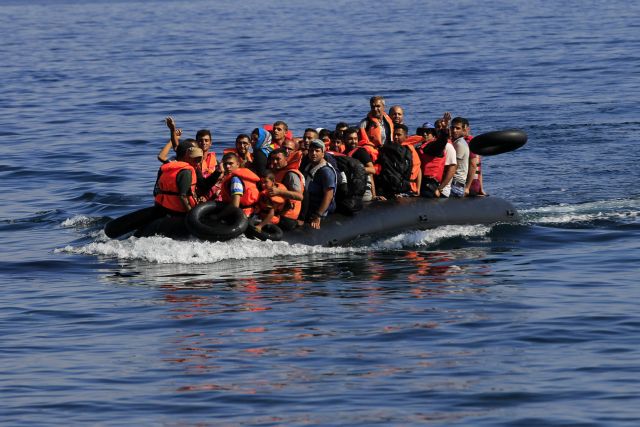The European Union ministers of Justice and Interior failed to reach an agreement at the emergency meeting held in Brussels on Monday regarding the European Commission’s proposal for the relocation of 120,000 refugees from Greece, Italy and Hungary.
Although the Council agreed to the European Commission’s second proposal in principle, a unanimous agreement was not reached and as such, it will be discussed anew at the next EU Interior Minister meeting, which is scheduled for the 8th of October. A lot of the resistance to the proposal came from Eastern European countries, with Slovakia and the Czech Republic being particularly adamant.
Regarding Greece, there was an agreement on the Commission’s original proposal to relocate 40,000 refugees from Greece and Italy. Jean Asselborn, who presided over the Council meeting, argued that this was a strong “political message”.
The creation of so-called “hotspots” in Greece and Italy are an essential requirement to begin relocation, at first for the agreed upon 34,000, so that the number may increase to 40,000 by early December.
In the press conference that followed the Justice and Home Affairs Council meeting it announced that Greece will receive aid to create reception capacity centers and further assistance from Frontex for border control. The support from Frontex and “hotspots” are essential for the relocation to begin. Reportedly, Greece does not appear to wish for the immediate activation of the EU Civil Protection Mechanism.





